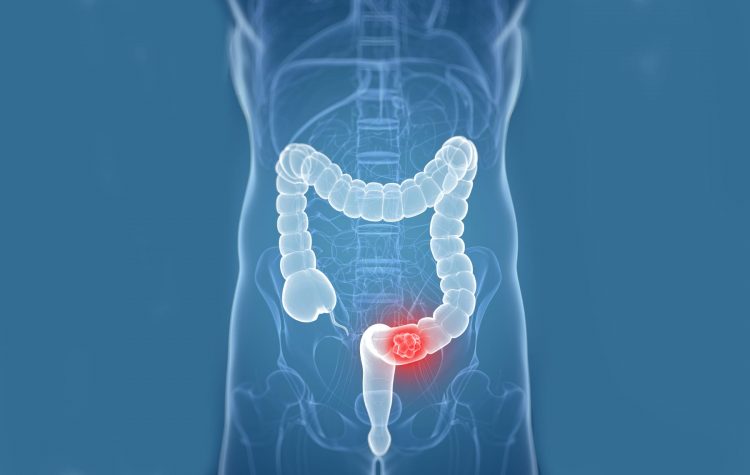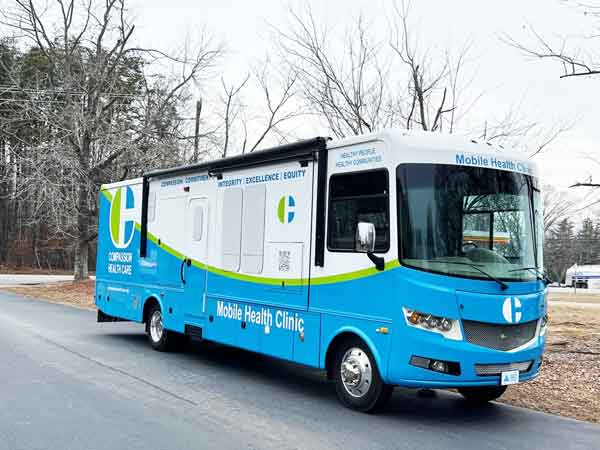Colorectal Cancer Awareness
March is National Colorectal Cancer Awareness Month in the United States. March is designated to raise much-needed awareness for colorectal cancer screening, beginning at the age of 50.
What is Colorectal Cancer?
According to the CDC, cancer is a disease in which cells in the body grow out of control. The name for certain cancers is given because of the area of the body in which the cancer forms, even if it has spread to other parts of the body later. Colorectal cancer (often called colon cancer) occurs in the colon or rectum located at the digestive tract’s lower end. The colon is the large intestine or large bowel, and the rectum connects the colon to the anus.
This form of cancer will typically affect older adults, but it has been known to affect people of any age. It will usually start forming as small, noncancerous (benign) clumps of cells called “polyps” which over time, will become colon cancers. These polyps can be especially dangerous because there are few if any, symptoms that will alert you when they are forming. Regular screening for colon cancer is highly recommended on a regular basis.
What are the risk factors for colorectal cancer?
As you get older, your risk of getting colon cancer increases. About 90% of cases happen in people who are 50 or older. Other risk factors for colon cancer include a family history of colorectal cancer or colorectal polyps, a genetic syndrome like familial adenomatous polyposis (FAP), and inflammatory bowel disease like Crohn’s disease. Like many other serious health conditions, obesity adds to the risk factor, as well as alcohol consumption and tobacco use.
What are the symptoms of colorectal cancer?
There are several symptoms of colon cancer. These symptoms include:
- Older age
- Weakness or fatigue
- Unexplained weight loss
- Diabetes
- Radiation therapy for other cancers
- African American race
- Persistent changes in bowel habits, such as diarrhea or constipation, or even a change in consistency of your stool
- Rectal bleeding (or blood in stool)
- Cramps, gas, or other abdominal discomforts
It is important to know that there are many people who do not experience any symptoms related to colon cancer in their early stages. Once these symptoms appear, they will likely vary depending on the size and location within the large intestine. Screening can save your life!
What is colorectal cancer screening?
A screening test is used for patients who do not appear to have symptoms. If a patient has symptoms, a diagnostic test is used to find the cause. Most people should start the screening test once they turn 50, then continue to get a screening test on a regular basis according to their primary care provider. If you want to begin screening, speak to your PCP to ask which test is right for you.
When should I get a colorectal cancer screening test?
It is recommended that people with an average risk of colon cancer consider getting a screening around the age of 50. A high majority (about 90%) of cases are occurring in people who are 50 or older, according to the CDC. If you have a family history of colon cancer, it is recommended that you receive your screening sooner rather than later. There are several options for colorectal cancer screening, so be sure to speak to your provider about your options. If you are not getting the recommended screening, you are missing a great chance to help prevent colorectal cancer and/or find cancer early. This early detection often leads to a cure, so talk to your provider today about getting screened.
If you are not a patient of CHC but you’d like to become one, please visit our Online Patient Registration page to get started. If you’re a current patient of CHC, give us a call at 336-694-9331 in Yanceyville, or 336-864-2795 in Eden to see if a screening test is right for you.
How can I help reduce my risk of getting colorectal cancer?
Talk to your PCP today about what lifestyle changes you can make to reduce your risks of getting colorectal cancer and developing other health risks. Changes made to your everyday routine can help you get on track to a healthier you.
- Get SCREENED!
- Get more active to promote physical activity
- Eat more fruits, vegetables, and whole grains
- Avoid alcohol and smoking
- Talk to your PCP about taking vitamins
If you’re asking yourself “Am I at risk for colorectal cancer?” then it’s probably time for you to get in touch with your primary care provider today.
How much do you know about Colorectal Cancer? Take the quiz today!



